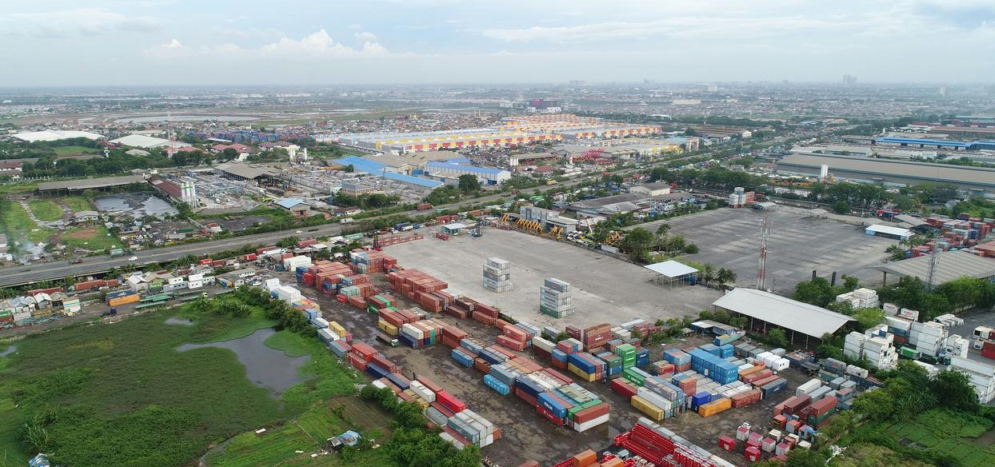Diversifying Your Freight: Stay Busy and Boost Profits
In the highly competitive realm of freight logistics, owner-operators must consistently find innovative ways to generate revenue and remain active throughout the year. One of the most effective strategies is diversifying your freight. By broadening the variety of loads and sectors you engage with, you can not only enhance your profitability but also keep your truck operational. This article will delve into vital strategies for diversifying your freight and offer practical insights to ensure smooth operations.
Understanding the Importance of Diversification
Why Diversify Your Freight?
Diversifying your freight stream is essential for multiple reasons. Primarily, it enables you to engage with various markets, which reduces reliance on any single client or sector. This minimized dependency can help safeguard your business from economic downturns, seasonal shifts, or unforeseen external factors.
Additionally, a more extensive range of freight options typically results in increased revenue potential. Catering to diverse customer needs allows you to charge premium rates for specialized loads or secure consistent contracts that provide stable income.
The Benefits of a Diverse Freight Portfolio
- Increased Revenue: A varied portfolio allows selection of the most profitable jobs, maximizing earnings potential.
- Risk Mitigation: Working across different sectors helps balance losses in one area with gains in another.
- Customer Retention: A broader spectrum of services attracts new clients while retaining existing ones through varied offerings.
- Operational Flexibility: The capacity to shift between industries enables quicker adaptation to market changes.
Strategies for Diversifying Your Freight
Identify Your Core Competencies
Before venturing into new areas, assess your existing expertise, equipment, and market knowledge. Understanding your strengths will help identify freight types that align with your capabilities.
Fleet Analysis
Conduct a thorough analysis of your fleet’s capacity and capabilities. For instance, if you own specialized equipment, consider pursuing loads that necessitate those assets.
Skill Assessment
Evaluate your team’s experience and expertise. Are there particular fields where you excel? For example, if refrigeration transport is your forte, you might prioritize perishable goods.
Research Market Trends
Grasping current and emerging trends in the logistics industry can direct your diversification efforts.
Analyze Supply Chain Needs
Market research on various sectors can uncover unmet demands. For instance, the rapid growth in e-commerce and pharmaceuticals may require tailored logistics services.
Leverage Data Analytics
Make use of data analytics tools to gain insights into load availability, pricing trends, and customer preferences. Access to real-time data can assist in making well-informed decisions during the diversification process.
Network and Build Relationships
Forming strong connections within the logistics community can yield new opportunities.
Connecting with Shippers
Engage with shippers from diverse industries. Attending trade shows and networking events can expand your contacts and unveil potential collaboration opportunities.
Join Industry Associations
Membership in industry associations can provide valuable resources, insights, and networking opportunities.
Explore Niche Markets
Consider exploring niche markets that may be underserved. Potential areas might include:
- Hazardous Materials: Handling these requires specialized training and certification but may yield high pay.
- Oversized Loads: Transporting heavy or oversized freight necessitates specialized equipment and permits, often leading to higher rates.
- Expedited Shipping: Offering expedited logistics services for critical loads can attract customers willing to pay a premium for timely deliveries.
Implementing Efficient Logistics Solutions
Leverage Technology
Incorporating technology can considerably improve your logistics operations.
Freight Management Software
Invest in freight management software that assists with load planning, tracking, and invoicing. Efficient software can help streamline operations and improve communication with clients.
Route Optimization Tools
Utilize route optimization tools to minimize fuel expenses and improve delivery times. These tools can help ensure your freight remains economically viable, even with changing loads.
Maintain Quality Standards
Regardless of the freight types you handle, upholding high service quality is vital.
Consistent Communication
Maintain open communication with your clients during the delivery process. Providing regular updates can build trust and encourage repeat business.
Adhere to Compliance Regulations
Ensure that all operations comply with federal and state regulations for different freight types. This is particularly important when managing specialized loads.
Financial Considerations When Diversifying
Budgeting for Diversification
Allocating a financial plan for diversifying your freight operations is crucial.
Initial Investments
Account for the upfront costs associated with entering new markets, such as obtaining special permits, training, or purchasing equipment.
Cash Flow Management
Effective cash flow management is essential to sustain operations, especially during transitional phases while diversifying your freight.
Evaluate Cost-Per-Mile
Assessing your cost-per-mile for various freight types can inform your pricing strategy and help you identify the most profitable opportunities.
Conclusion
In summary, diversifying your freight is a fundamental strategy for truck owner-operators aiming to boost profits and secure long-term viability. By understanding market trends, adopting technology, and maintaining high service quality, you can successfully expand your capabilities and create a more resilient logistics business. While the journey to diversification may require effort and investment, the potential rewards make it worthwhile.
FAQ Section
What does diversifying your freight mean?
Diversifying your freight involves expanding the variety of loads and industries you engage with, enhancing your profitability and ensuring consistent revenue streams.
How can I identify new freight opportunities?
Researching market trends, networking with shippers, and leveraging data analytics can help pinpoint new freight opportunities that align with your skills and capacity.
What are the advantages of a diversified freight portfolio?
A diversified freight portfolio enhances revenue potential, mitigates risks, improves customer retention, and offers operational flexibility.
How does technology contribute to diversifying my freight?
Technology, including freight management software and route optimization tools, boosts logistical efficiency, enhances communication, and streamlines operations.
What financial aspects should I consider when diversifying my freight?
Creating a budget for initial investments, effectively managing cash flow, and evaluating cost-per-mile for new freight types are crucial in informing your pricing strategy.
By following these steps and prioritizing diversification in your freight operations, you can pave the way for a successful and sustainable logistics business.
For more information on industry trends and logistics strategies, visit the American Trucking Associations.

